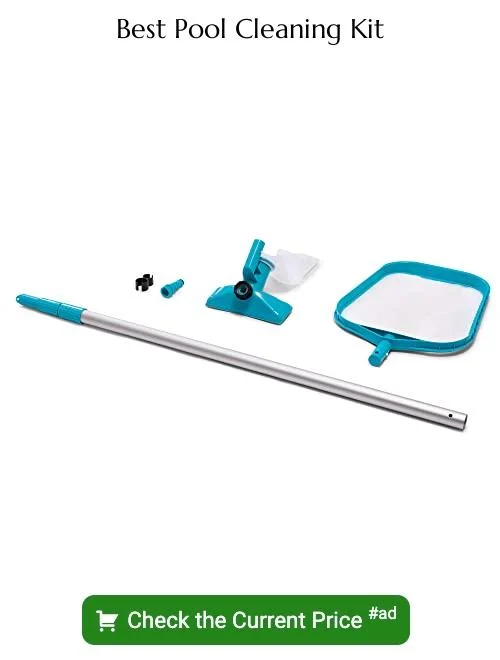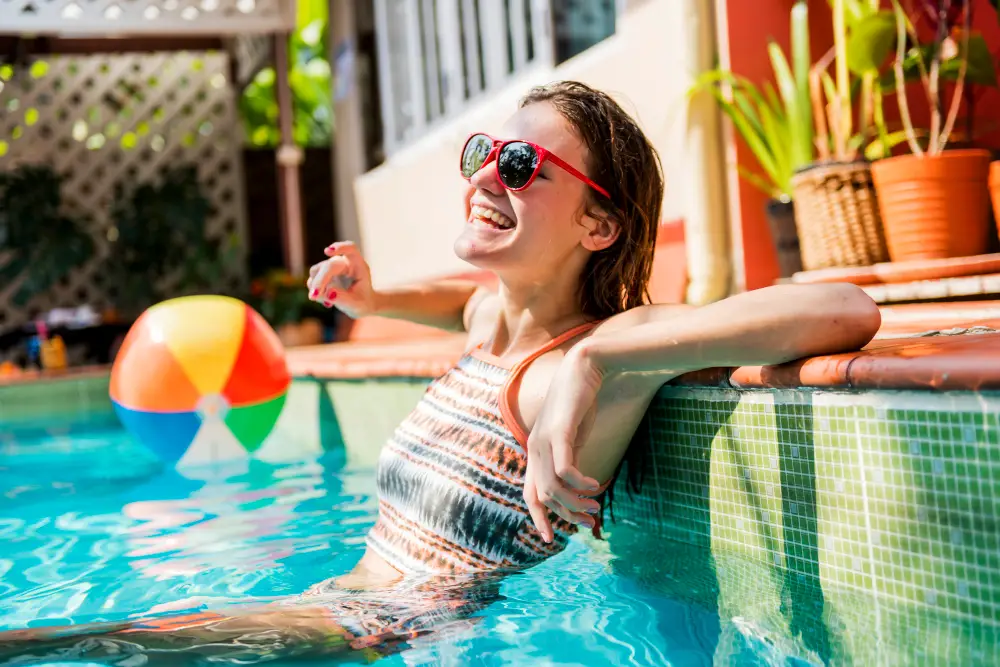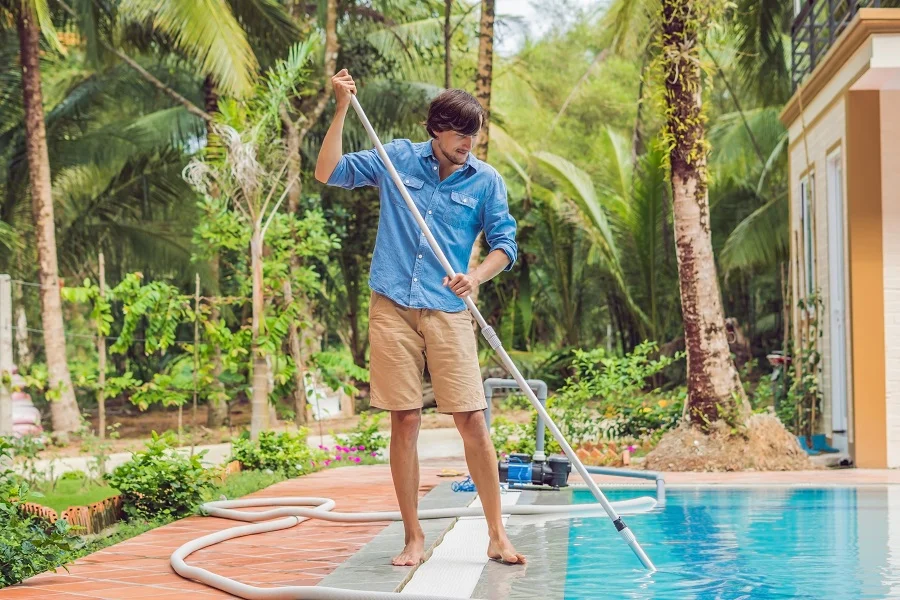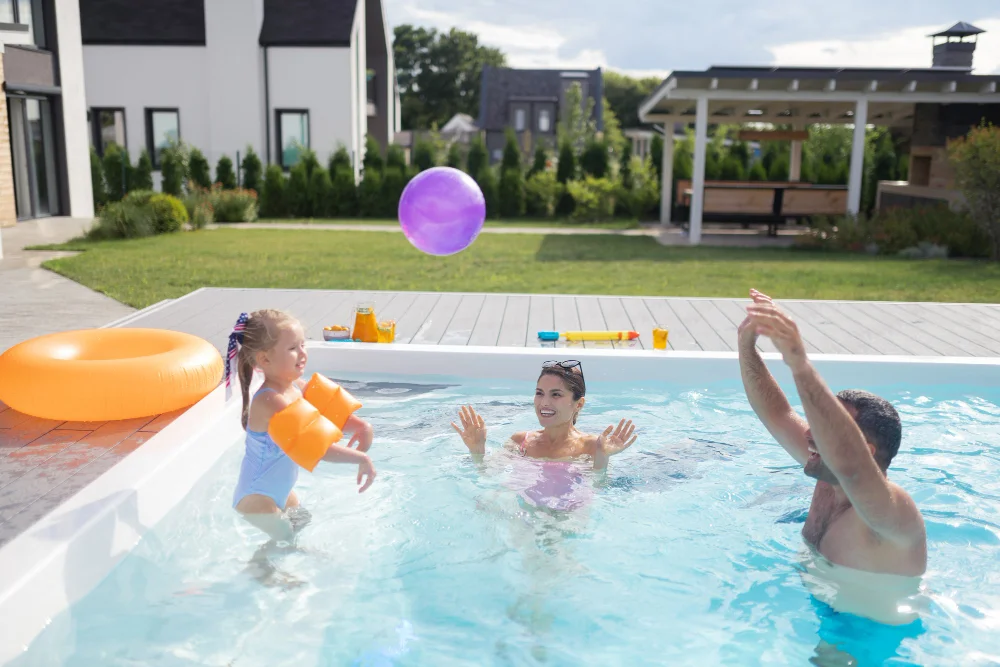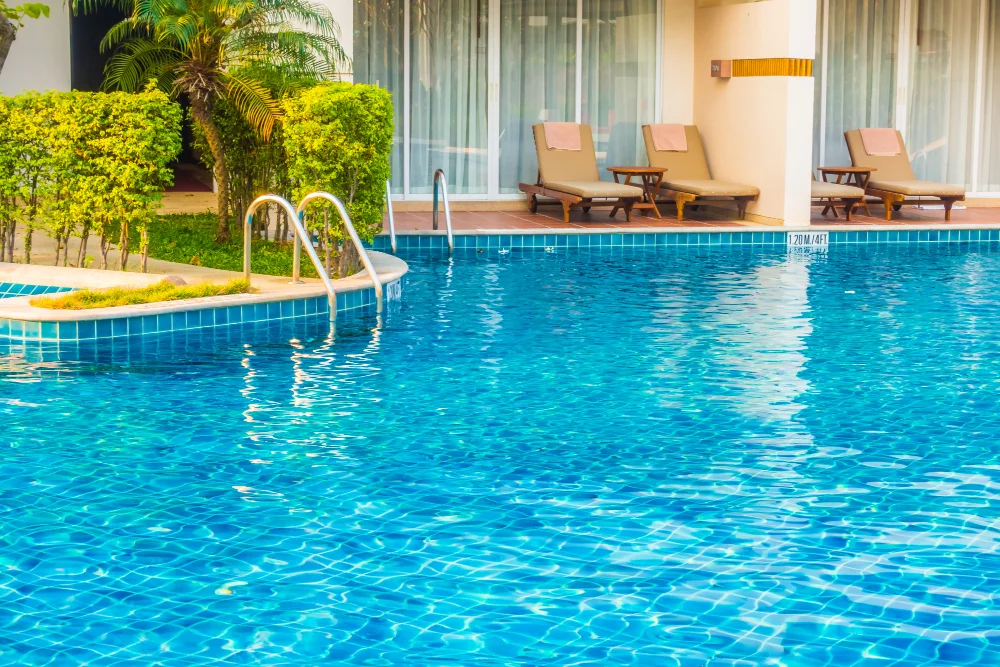Last updated on
Having a small pool is all about keeping it the maintenance costs low-budget. How can you keep it clean without a filter? Here’s how to do it in 6 easy steps.
Small or above-ground pools are convenient for those who prefer safety, low-maintenance, affordability, and easy installation. Plus, it’s great for families to enjoy, especially those with kids. However, small pools are favored by families who don’t have much of a budget to afford a bigger, regular size pool of their own and are especially hesitant to install a pool filtration system because of the overwhelming energy costs that the latter brings at the end of the month.
Usually, a swimming pool filtration system pumps water into the pool and keeps it clear and clean. Several types of filters are responsible for removing airborne leaves, dirt, and other debris types from getting into the pool. Moreover, a pool filter is responsible for removing algae and bacteria.
This is something to consider, especially if you have kids having access to the pool more frequently. Fortunately, that’s why kiddie pools exist. But whether you have an above ground pool or a kiddie pool, you’re going to have to clean that water soon as it’ll turn green and leave a funky smell after some time.
Here are all the things you need to do to keep an above ground or a kiddie pool clean without the use of a filtration system:
Regularly Change Pool Water
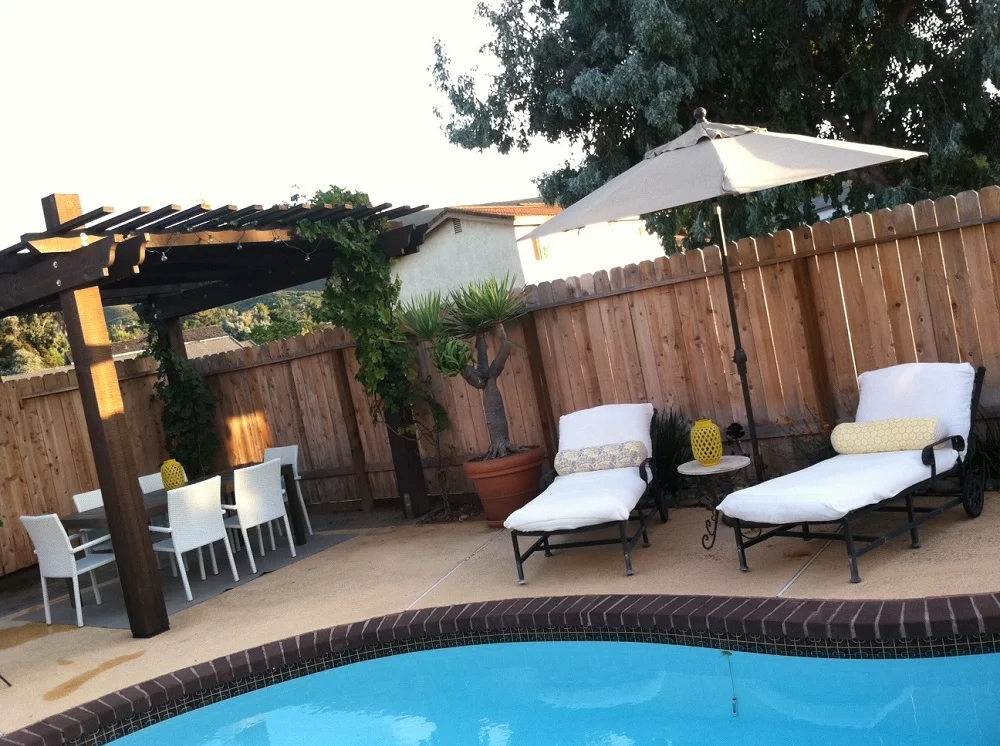
If you value your child’s well-being, it is essential to change the water in the kiddie pool to ensure your ward stays away from disease-causing bacteria and germs. If you use an inflatable kiddie pool, you must drain the water and clean out the pool’s surface using a brush before refilling it.
An effective natural way to kill all those germs and bacteria is to keep the kiddie pool exposed under direct sunlight to let the ultraviolet rays from the Sun do its handiwork. And if the Sun is hiding behind the clouds, then you can use detergent or phenol to wash the pool’s surface properly.
Use a Cover
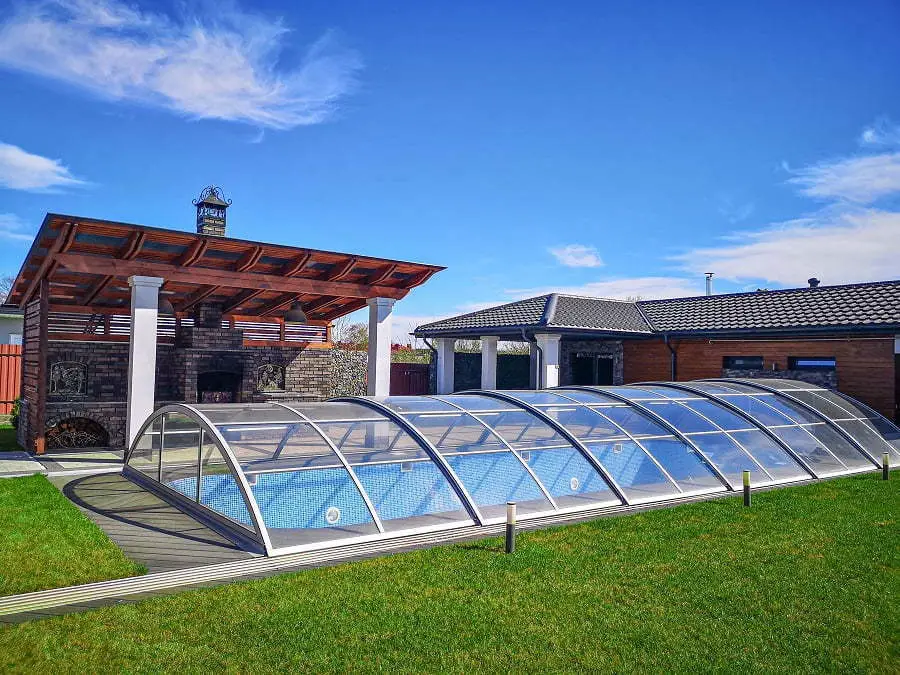
Another tactic you can use to ensure that your above ground or kiddie pool remains cleaner is to use a cover. This way, you won’t have to clean the pool as frequently as you would. Make sure to use a cover that can protect the pool from the elements of nature when it’s not in use.
You can use a homemade cover, but their usefulness comes to an end during the rainy season. To be more precise, you need to get your hands on a cover that’s specifically built to protect the pool. Commercially-sold covers have plenty of tarps and bungee cords but are very useful nonetheless.
Use a Pool Skimmer
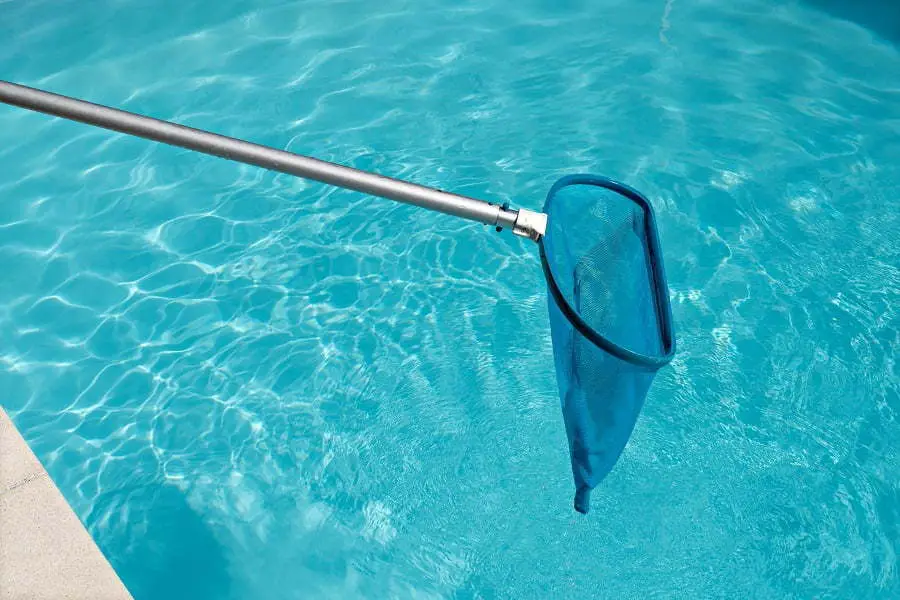
Not using a pool filtration system means that you have to clean out all the dirt and debris on your own. And if you’re okay with that, then one of the most effective ways of doing so is to use a pool skimmer net. This piece of equipment can get rid of hairs, tree leaves, and any other type of visible dirt that leads to the development of more germs in the pool. In fact, this is something that your kids can do when they’re enjoying their off-school days. If you’d like to use a vacuum, make sure you get an above-ground cleaner, otherwise, you could cause damage.
Using a Soap Sponge
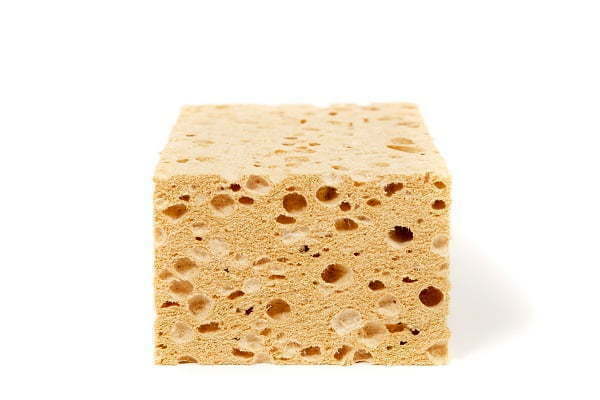
With kids being kids, you’re bound to experience a moment when your little ones will use shampoo, soap, or any other bubbling agent within the pool. As a result, regular cleaning methods change entirely. This equipment is a sponge that’s capable of soaking up to 40 times its own weight.
All you have to do is dip the sponge near the soap or shampoo lather, what you can expect to do at least 10 or 15 times, and the pool will mostly be free of bubbles. Be advised that you have to rinse the sponge when using it to suck the shampoo out of the pool.
Bromide and Chlorine
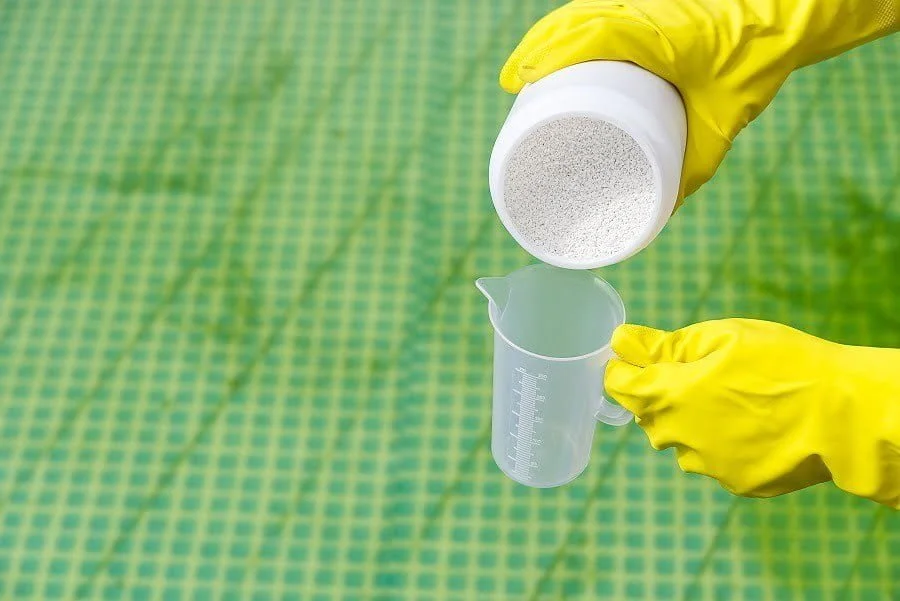
This one might seem a bit controversial, but believe us when we say that there are facts that back this up. CDC says that pools are vulnerable to numerous types of germs that can only be eliminated by using certain chemicals are cleaning agents, including chlorine and bromide. However, it’s completely safe to use chlorine tablets to clean a small pool without using a filter.
CDC says that every year, around 4,500 emergency cases are reported because of poor pool-chemical handling. That’s why you need to take precautionary measures when cleaning the pool. Such measures include:
- Read and understand the instructions and doses that are written on product label.
- Follow every guideline properly.
- Keep chemicals away from children and pets.
- Wear the proper safety equipment such as masks, goggles, and gloves when cleaning and handling the pool using chemicals. While handling chemicals, it’s crucial to wear gloves with chemical resistance to prevent skin irritation or harm.
Other useful chemicals include:
- Algaecide: this chemical is useful for pools that are close to plant life to prevent algae’s growth. When small pools or any other kind of pool for that matter are close to plants, the chances of algae growth is really high. Use only 60% of algaecide. This chemical serves as a fallback plan in case you don’t have enough chlorine with you, or there are still some stubborn bacteria remaining in the pool.
- Borax: This is a non-toxic chemical that can be found in supermarkets and is a commonly-used material.
Household Materials

You can also kill microorganisms using common everyday household items such as:
- Baking soda: Baking soda is a non-abrasive cleaning agent that is a natural, safe, and affordable way to clean pool water.
- White vinegar: You can use this to remove the buildup of calcium, something which ends up making your water look whiter.
- Vitamin C: ascorbic acid, also known as Vitamin C, is a commendable stain remover.
- Rubbing alcohol: rubbing alcohol, also regarded as isopropyl alcohol, can remove sticky gunk in the pool.
Continue reading:
Recap
